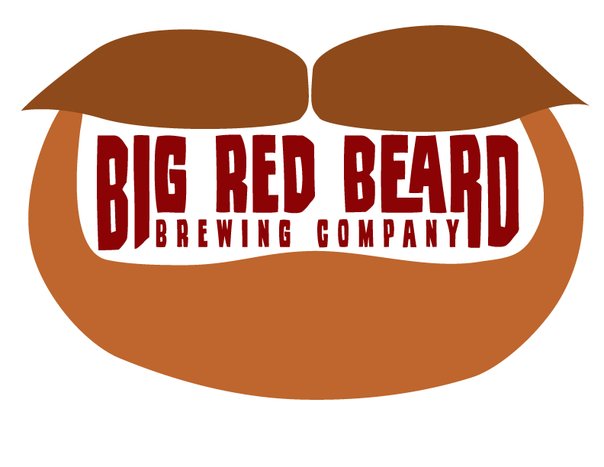The craft vs crafty debate even affected me personally. At least, it almost did. My local store is Belmont, MA's Craft Beer Cellar, a craft-only bottle shop that strives to educate people where they can as well as sell beer. To this tune, they offer study classes for those looking to get Cicerone certified (think wine is to sommelier as beer is to Cicerone... sort of), and even went so far as to become the first retailer member (called "Associate member") of the Massachusetts chapter of the Brewer's Guild. About this same time, they announced that they would no longer carry some brands that didn't meet the definition of "craft" as set by the Brewer's Guild. These included, among others, beers by Magic Hat Brewing Company and Narragansett Brewing Company.
A lot of people, myself included, didn't respond well to the axing of Narragansett It turned out that Craft Beer Cellar thought better of it and even petitioned for change, so 'Gansett stayed around. As for the others, including Magic Hat? Nope. Did I care? Nope. Did anyone else, that I heard of? Nope.
I have never really liked any of Magic Hat's beers, so I was already ready to throw them under the bus last year when their founder called beer geeks "one of the industry problems". Now, I've been told I might have been biased in my harsher reading of this condemnation, but to me it seemed he was lumping anyone who tried to attain knowledge of what they were drinking into the category of "beer geek" (even though he MEANT "beer snob"), and I took offense to that. I already didn't like the beer, and it was all too easy to push me into the realm of "well, you'll never see another dollar from me, then".
Honestly, I re-read that article now and I can kind of agree with the guy in his point about Goose Island Beer Co. Budweiser bought up a portion of them, so basically they get their beer out there via AB's distribution... but damn it, they still make good beer. Sure, the rest of his statement is still as asinine as when Jim Koch said that hoppy beers generally aren't good (my favorite forum quote: "Heady Topper is not new or interesting but Latitute 48 is? Riiiiiiiiiiight.), but shouldn't it be more about what you like than who makes it? I certainly think so.
So why do I bring all of this up, in my meandering sort of way? This week, Magic Hat came out and filed a lawsuit against West Sixth Brewing of Lexington, KY. The reason? Well, the reason is that when you turn a 6 over, it looks a hell of a lot like a 9.
Patently ridiculous? Sure. But this is 'Murica, and silly lawsuits are par for the course. Magic Hat is seeing, like, an Applebee's level of social media backlash on this one... and honestly, I gotta think that's because Magic Hat is no longer considered "craft" beer by my fellow geeks. Case in point? Rogue Ales' lawsuit against a restaurant called "Rogue 24" garnered very little venom in comparison. Now, the facts are slightly different in these cases... just look at West Sixth Brewing's response to Magic Hat:
- Their federal trademark is simply for the text “# 9”, and our logo contains neither a “#” nor a “9”. (our favorite part of their argument is where they call a 6 an “inverted 9”. Yeah, and did you know that a “p” is just an inverted “d”? They’re totally the same letter!)
- Finally, our logo includes the words “West Sixth Brewing”. We think that makes it pretty clear.
Now, you compare that to the Rogue thing, where "Rogue" is actually in the name and used as a shorthand nickname for the restaurant and the issue of "Rogue Spirits", and yeah... there could be some legitimate brand confusion there. But the Rogue case is not an isolated incident. Sixpoint Brewery, New Holland Brewing, Troegs Brewing (and many more) have all brandished the hammer of cease-and-desist against other breweries. It's certainly not uncommon. One could argue that these companies need to be stalwart guardians of their image, and once in a while the particulars are going to look ridiculous as a result.
But you see... Magic Hat is different. They're no longer beloved, so it's ok to hate them, right? It feels funny to defend a brewery that I wouldn't even want a free sample of their beer, but I gotta call it like I see it. People are letting their bias feed their anger. And anger leads to hate. And hate leads to suffering. And then you kiss your sister. But seriously, we should all worry a little more about who makes a good beer than what a brewery's lawyers are filing. This stuff tends to come out in the wash anyway. Sure, you should vote with your dollars... but I think it should be based on taste, not litigation practices.
Can't we all just be simply beer drinkers?












